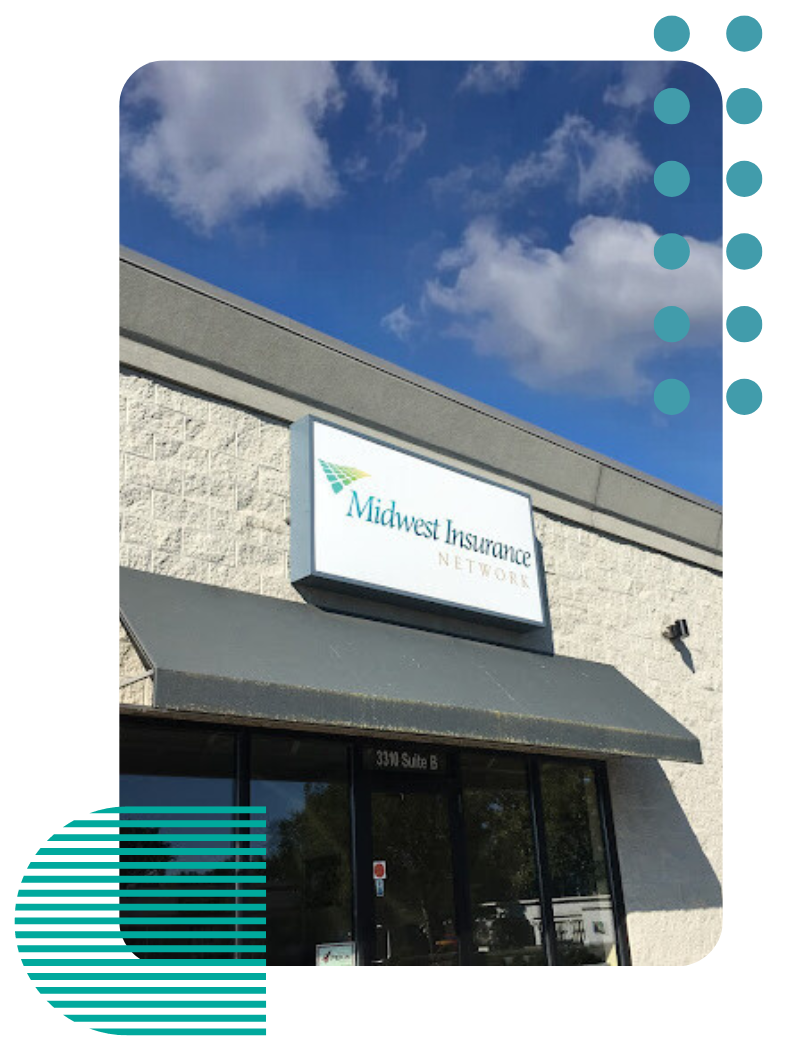Get in touch
419-720-5825
agency@midwest-insure.com
Top 3 Recommended Policies
Index
Contact Us
Phone
agency@midwest-insure.com
Location
Northwood, OH
3310 Woodville Road, Suite D
Northwood, OH 43619
Elmore, OH
361 Rice Street
Elmore, OH 43416
Operating a demolition business in Ohio comes with unique challenges and risks. From potential accidents on the job site to environmental concerns, demolition contractors must navigate a complex landscape of regulations and liabilities. One critical aspect of running a successful demolition business is obtaining the right insurance coverage. In this article, we will explore everything you need to know about demolition contractors insurance in Ohio, including types of coverage, legal requirements, and tips for finding the best policy.
Understanding Demolition Contractors Insurance
Demolition contractors insurance is designed to protect businesses from various risks associated with demolition work. This type of insurance typically includes several coverage options, each addressing specific liabilities that contractors may face. Understanding these options is essential for making informed decisions about your insurance needs.
Types of Coverage
Demolition contractors insurance can encompass several different types of coverage. Here are the most common types:
- General Liability Insurance: This is often the cornerstone of any contractor's insurance policy. It protects against claims of bodily injury or property damage that may occur during demolition work.
- Workers' Compensation Insurance: This coverage is mandatory in Ohio for businesses with employees. It provides benefits to workers injured on the job, covering medical expenses and lost wages.
- Commercial Auto Insurance: If your business uses vehicles for transportation of equipment or personnel, commercial auto insurance is necessary to cover accidents and damages involving those vehicles.
- Pollution Liability Insurance: Given the nature of demolition work, there is a risk of environmental damage. This coverage protects against claims related to pollution or contamination caused by demolition activities.
Legal Requirements in Ohio
In Ohio, certain types of insurance are legally required for demolition contractors. Understanding these requirements is crucial for compliance and to avoid potential penalties.
Firstly, workers' compensation insurance is mandatory for any business with employees. This insurance not only protects your workers but also shields your business from lawsuits related to workplace injuries. Additionally, while general liability insurance is not legally required, it is highly recommended as it protects against common risks in the demolition industry.
Moreover, contractors should be aware that Ohio law mandates specific safety regulations that must be adhered to during demolition projects. These regulations are designed to minimize risks not only to workers but also to the public and the environment. Failing to comply with these safety standards can lead to fines and increased insurance premiums, making it essential for contractors to stay informed about both legal requirements and best practices in safety management.
Furthermore, many clients and project owners may require proof of insurance before awarding contracts. This means that having comprehensive insurance coverage is not just a legal obligation but also a competitive advantage in the bidding process. By demonstrating that you have the necessary insurance in place, you can build trust with potential clients and enhance your reputation in the industry, ultimately leading to more business opportunities.

Factors Influencing Insurance Costs
The cost of demolition contractors insurance can vary significantly based on several factors. Understanding these factors can help you budget for insurance and find the best rates.
Business Size and Revenue
One of the primary factors influencing insurance costs is the size of your business. Larger businesses with higher revenues typically face higher premiums due to the increased risk associated with larger operations. Insurers consider the volume of work you do and the scale of your projects when determining rates. Additionally, larger companies often have more employees and equipment, which can further elevate the potential for accidents or damages, leading to higher insurance costs. It’s also important to note that as your business grows, you may need to reassess your coverage to ensure it aligns with your expanding operations and assets.
Type of Work Performed
The specific types of demolition work you perform can also impact your insurance costs. For example, if your business specializes in hazardous material removal or high-rise demolitions, you may face higher premiums due to the increased risks involved. Conversely, if you primarily handle smaller residential projects, your insurance costs may be lower. Furthermore, the geographical location of your projects can also play a role; certain areas may have stricter regulations or higher incidences of accidents, which can influence insurance rates. Understanding the nuances of your specific niche within the demolition industry can help you better anticipate your insurance needs and costs.
Claims History
Your claims history plays a significant role in determining your insurance rates. If your business has a history of frequent claims or high-cost claims, insurers may view you as a higher risk, leading to increased premiums. On the other hand, a clean claims history can help you secure lower rates. It’s beneficial to implement risk management strategies to minimize the likelihood of claims, such as regular safety training for your employees and thorough pre-project assessments. Additionally, maintaining good relationships with your clients and ensuring high-quality work can lead to fewer disputes and claims, ultimately contributing to a more favorable insurance profile.
Choosing the Right Insurance Provider
When it comes to selecting an insurance provider for your demolition business, doing your research is essential. Not all insurance companies offer the same coverage options or levels of service, so it's crucial to find one that meets your specific needs.
Researching Insurance Companies
Start by researching insurance companies that specialize in coverage for contractors, particularly those with experience in the demolition industry. Look for companies with strong financial ratings and positive customer reviews. You can also check with the Ohio Department of Insurance for information on licensed insurers in the state. Additionally, consider reaching out to industry associations or local business groups, as they often have recommendations for reputable insurers that understand the unique risks associated with demolition work. Networking with other demolition contractors can provide insights into their experiences with various providers, helping you make a more informed decision.
Comparing Quotes
Once you have identified a few potential providers, request quotes from each. Be sure to provide the same information to each company to ensure accurate comparisons. Look not only at the premium costs but also at the coverage limits, deductibles, and any exclusions in the policy. It's also wise to inquire about any available discounts, such as those for bundling multiple policies or maintaining a good safety record. Remember, the cheapest option may not always be the best; consider the overall value of the coverage provided and the insurer's reputation for claims handling and customer service.
Consulting with an Insurance Agent
Working with an experienced insurance agent can be beneficial, especially if you are new to the demolition industry. An agent can help you navigate the complexities of insurance, identify the coverage you need, and find the best rates. They can also assist you in understanding the fine print of your policy, ensuring you are adequately protected. Furthermore, a knowledgeable agent can provide ongoing support as your business grows and evolves, helping you adjust your coverage to meet changing needs. They can also keep you informed about new regulations or industry standards that may affect your insurance requirements, ensuring you remain compliant and protected.
Common Exclusions in Demolition Contractors Insurance
While demolition contractors insurance provides essential coverage, it is important to be aware of common exclusions that may apply. Understanding these exclusions can help you avoid surprises when filing a claim.
Intentional Acts
Insurance policies typically do not cover damages resulting from intentional acts or illegal activities. If an incident occurs due to negligence or willful misconduct, your claim may be denied. It is crucial to operate your business ethically and within the law to ensure coverage remains intact. Moreover, maintaining a strong safety culture within your team can further mitigate the risk of intentional acts. Regular training sessions on compliance and ethical practices can reinforce the importance of operating within legal boundaries, thus protecting both your employees and your business from potential liabilities.
Wear and Tear
Most insurance policies do not cover damages resulting from normal wear and tear. This means that if equipment fails due to age or lack of maintenance, you may not be able to file a claim. Regular maintenance and inspections are essential to minimize risks and ensure your equipment remains in good working order. Additionally, implementing a comprehensive maintenance schedule can help extend the lifespan of your machinery and reduce downtime. Investing in preventive maintenance not only enhances safety on the job site but also demonstrates to your insurance provider that you are proactive in managing risks, which could positively influence your premiums over time.
Contractual Liability
Many policies contain exclusions related to contractual liability. This means that if you assume liability through a contract, your insurance may not cover claims arising from that liability. It is important to carefully review contracts and consult with legal counsel to understand your obligations and risks. Furthermore, negotiating terms that limit your liability can be beneficial. Engaging in discussions with clients about the scope of work and potential risks can lead to clearer agreements that protect your interests. Establishing a good rapport with clients and stakeholders can also facilitate smoother negotiations, ensuring that all parties are on the same page regarding responsibilities and liabilities.
Tips for Reducing Insurance Costs
Insurance can be a significant expense for demolition contractors, but there are several strategies you can employ to reduce your costs without sacrificing coverage.
Implementing Safety Programs
One of the most effective ways to lower insurance premiums is by implementing robust safety programs. Training your employees on safety protocols and best practices can reduce the likelihood of accidents and claims. Insurers often offer discounts for businesses that demonstrate a commitment to safety. Additionally, consider conducting regular safety drills and audits to reinforce these practices. By fostering a culture of safety within your organization, you not only protect your workforce but also enhance your reputation in the industry, which can lead to more business opportunities.
Bundling Policies
Consider bundling your insurance policies with the same provider. Many insurance companies offer discounts for customers who purchase multiple types of coverage, such as general liability and workers' compensation. This can lead to significant savings over time. Furthermore, having all your policies under one roof simplifies management and communication with your insurer. You can streamline claims processes and have a clearer understanding of your overall coverage, which can be particularly beneficial during audits or when assessing risk management strategies.
Reviewing Your Coverage Regularly
As your business evolves, so do your insurance needs. Regularly reviewing your coverage can help ensure you are not overpaying for unnecessary coverage or missing out on essential protection. Schedule annual reviews with your insurance agent to assess your policies and make adjustments as needed. It’s also wise to stay informed about changes in the industry or regulations that may affect your coverage requirements. By actively engaging with your insurance provider, you can negotiate better terms and explore new products that may offer enhanced protection at a competitive rate.

Conclusion
Demolition contractors insurance is a vital aspect of running a successful demolition business in Ohio. By understanding the types of coverage available, legal requirements, and factors influencing costs, you can make informed decisions that protect your business and employees. Remember to research insurance providers, compare quotes, and consult with an experienced agent to find the best policy for your needs.
Ultimately, investing in the right insurance coverage not only safeguards your business but also provides peace of mind, allowing you to focus on what you do best—delivering quality demolition services to your clients.
REQUEST A QUOTE
Get demolition contractors insurance today!
Demolition Contractors Insurance
We will get back to you as soon as possible.
Please try again later.
Midwest Insurance Network is an independent insurance agency offering a one-on-one service for all our insurance clients. We help you navigate the sea of policy options and clarify any questions or concerns you may have along the way.
Quick Links
Services
All Rights Reserved | Midwest Insurance Network.




